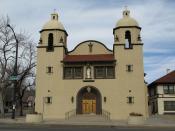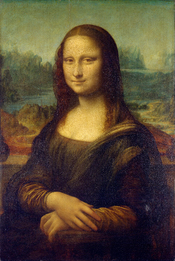The Renaissance is commonly thought of as a time of renewal and rediscovery, as the definition of the word implies. In actuality, though, the Renaissance was a time of change from one the extreme of heaven, as noted in the previous faith in the Church and religion, to the opposite extreme of faith in human thinking and ideas, along the lines of science, logic, and reason. Rather than revolving around unblinking faith in the Church and what it represented, the Renaissance allowed for a new faith in human nature and of what the human mind was capable, both in terms of intelligence and creativity. By bringing the focus down to earth, culture was renewed. This renewal of culture can be attributed to many different things, and these characteristics have been debated by historians seemingly since the time that they actually occurred.
Some historians argue that the culture of areas such as Italy existed, but was suppressed by the idealism of the Church.
Others would assert major historical events such as the fall of Constantinople in 1453 caused movement in Europe, moving people of like ideas together. One such idea states that after 1453, Greeks began to migrate to areas in Italy, bringing with them the Greek reasoning and love for knowledge. Although since then, more debate has arisen regarding the actual dates of this Greek migration, the facts remain the same. As a rule, historians regard the fall of Constantinople as a rough demarcation of the beginning of the Renaissance.
Common aspects of life in Europe during the Renaissance included admiration of the newly inspired culture, but with a sense of nervousness in the air. This uneasiness existed because of the possible threat of invasion. Italy was invaded in 1494, and Rome was invaded in 1527. Even though this...


